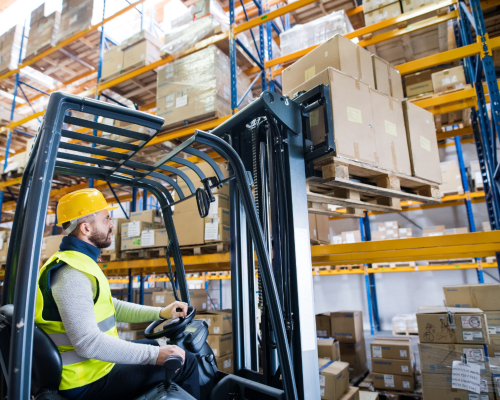Newsletter Sign Up
Receive our latest updates about our products and promotions.

Busy airports operate on strict schedules 24 hours a day, which means even slight delays in cargo handling and aircraft inspections...
An intelligent port is a highly automated and digitized port that can achieve more efficient operations by connecting various devices and sensors. A large amount of work requires
Soten provides complete and rugged solutions for railroad management, reducing downtime, enabling maintenance, and achieving ‘first-time fix’ across essential infrastructure
Efficient Long-Haul Delivery Fleet Management with Soten Solutions
With the popularization of e-commerce, the logistics industry in our country develops rapidly. According to the China E-commerce...
With the popularization of e-commerce, China's logistics industry has developed rapidly. According to data from the China E-commerce Research Center, the daily number of express packages in China has exceeded 50 million. However, seamless tracking of goods information and status has become a core challenge. Due to the low level of informationization and automation in the logistics industry, the information of goods is scattered, the sorting efficiency is low, the transfer and distribution time is long, and the phenomenon of "slow express" occurs frequently.

In various stages of goods circulation, such as storage, inventory, outbound, shelf displacement, warehouse verification, and transit sorting, it is necessary to manually check the specifications and quantities of goods, and manually enter relevant data into the ERP system. This process is cumbersome and inefficient, prone to errors, and even fraudulent behavior due to human factors that can cause discrepancies between the recorded inventory data and the actual inventory.

The lack of standardization in personnel and vehicle management, delivery and receipt processes has become a challenge for the logistics industry. To address this issue, it is necessary to integrate the work processes of receiving, sorting, distributing, and delivering, and achieve intelligent work and management. Various reinforced data collection devices use barcode and RFID technology to collect real-time data such as time points and responsible personnel at each stage, and aggregate them into a unified information platform. This can help management personnel to obtain information in real-time and conduct management, while also supporting users to view logistics tracking information. Such intelligent management can significantly reduce logistics operation costs, improve user service experience and satisfaction.

In various stages of goods circulation, such as storage, inventory, outbound, shelf displacement, warehouse verification, and transit sorting, it is necessary to manually check the specifications and quantities of goods, and manually enter relevant data into the ERP system. This process is cumbersome and inefficient, prone to errors, and even fraudulent behavior due to human factors that can cause discrepancies between the recorded inventory data and the actual inventory.

Receive our latest updates about our products and promotions.
Thanks for subscribing!
This email has been registered!